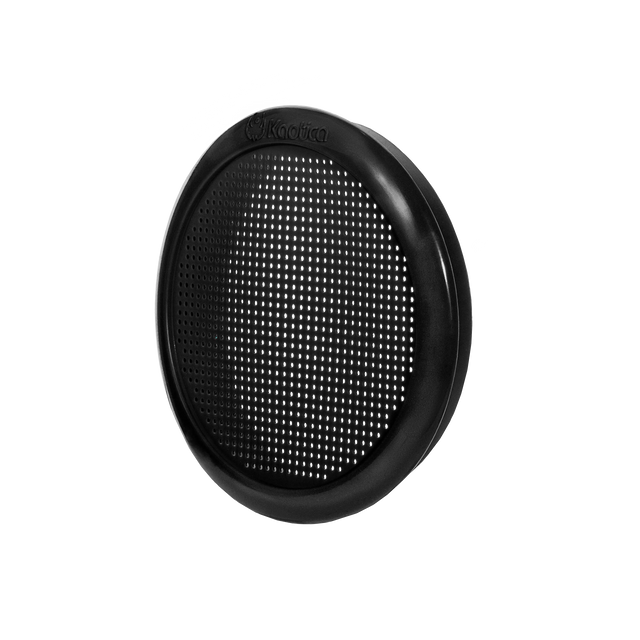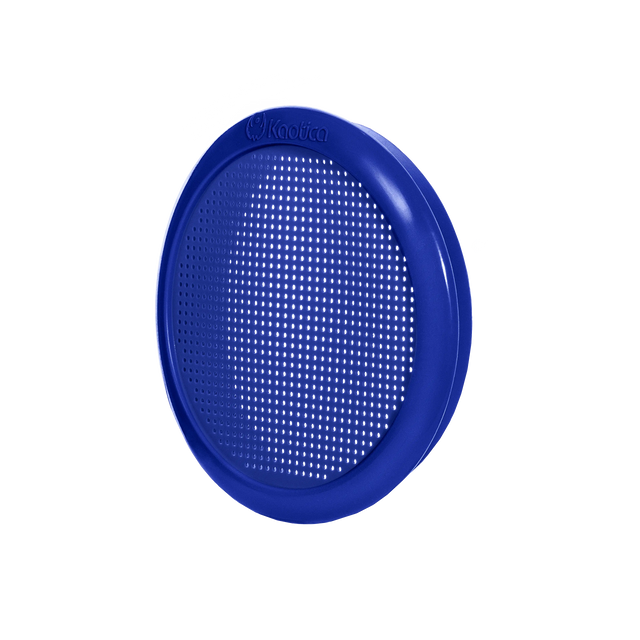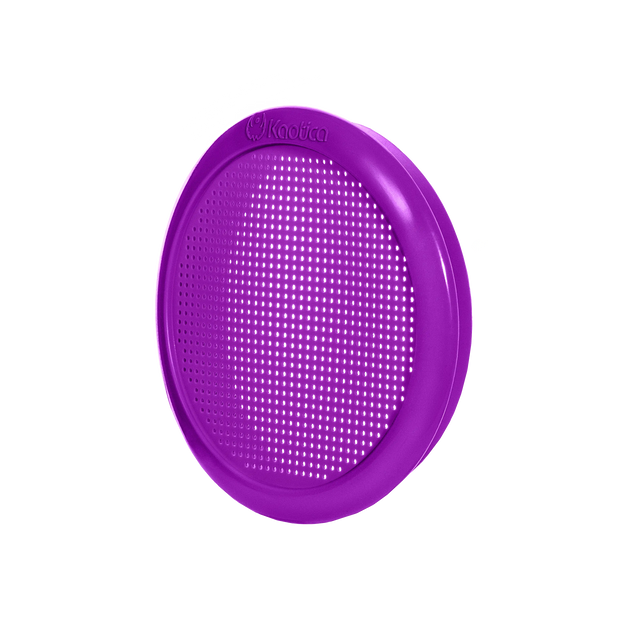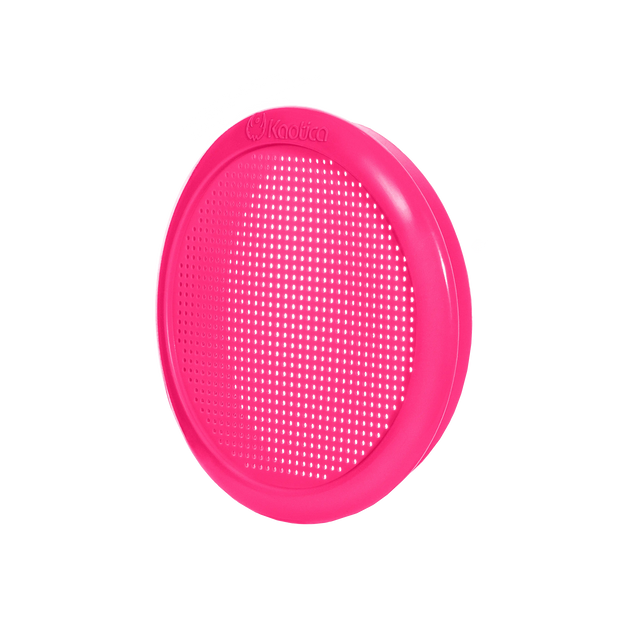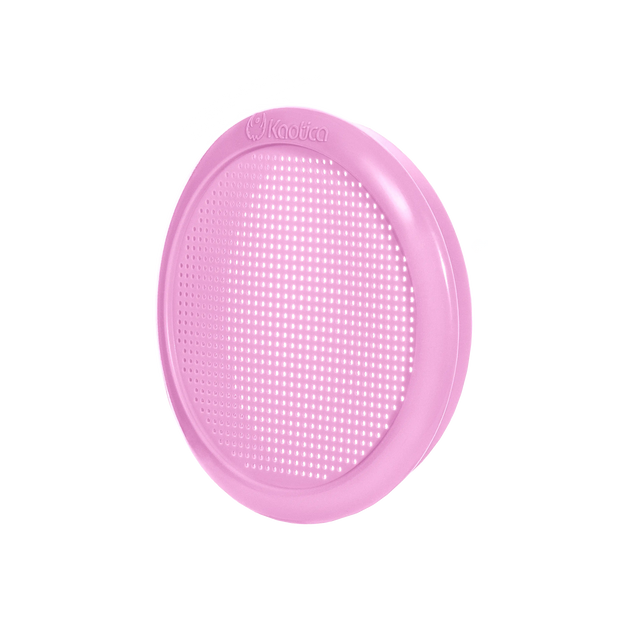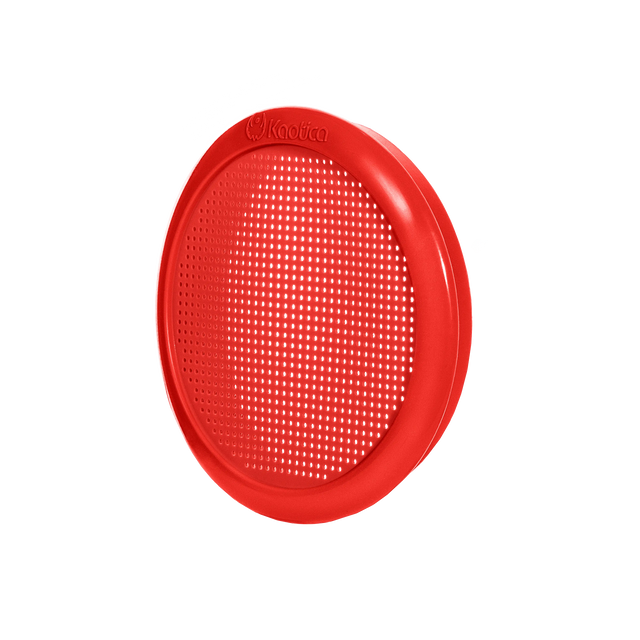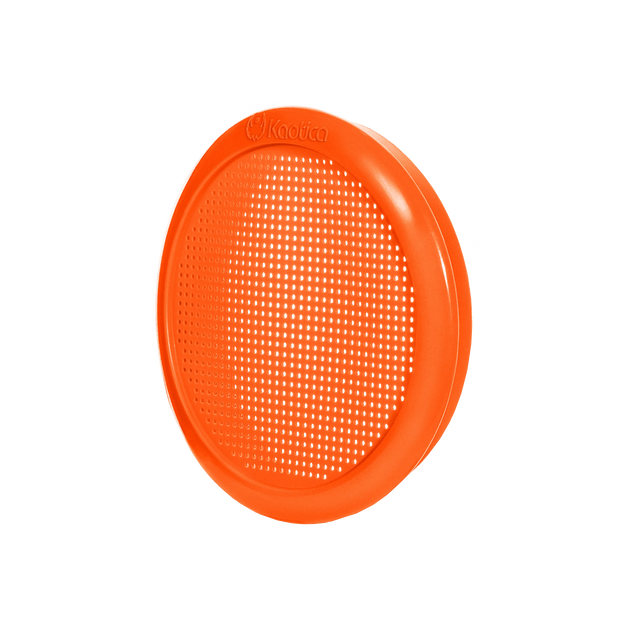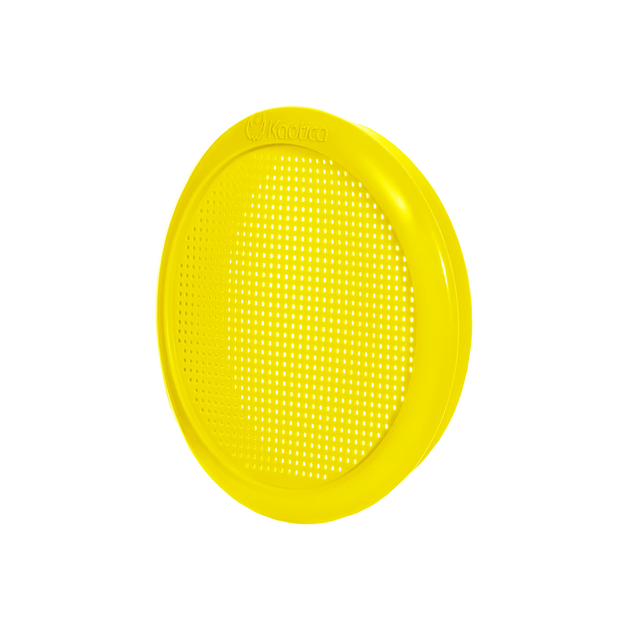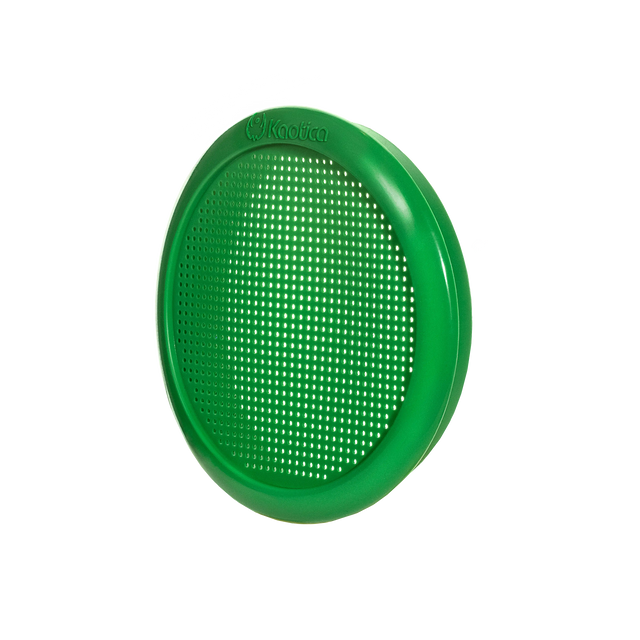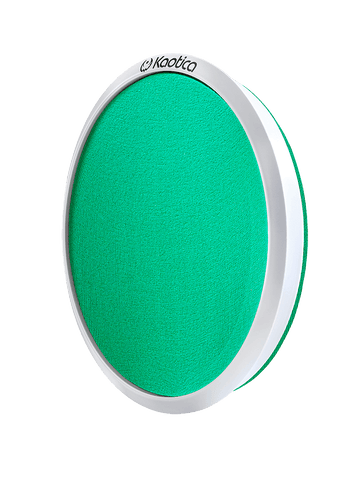David Hodges | Recording Christina Perri
"David Hodges musical touch continues to course throughout the fabric of modern pop culture to the tune of over 60 million cumulative albums sold"
David Hodges has co-written and produced some of the biggest songs of the past two decades. Whether it’s smashes like Carrie Underwood’s “What Can I Say,” Kelly Clarkson’s “Because of You,” or Christina Perri’s “A Thousand Years,”Other credits include work with Céline Dion, 5 Seconds of Summer, Jason Mraz, Avril Lavigne, and countless others.
Hodges got his start co-founding Evanescence and co-writing the group’s legendary 2003 full-length debut Fallen. Along the way he won a GRAMMY Award and landed in the rolodex of music’s biggest names. With a new studio in Nashville in 2016, he continues to record hits on a weekly basis. Hodges has also got quite an affinity for the Kaotica Eyeball.
We spoke to him about all of this in the below exclusive interview

Do you remember your first session as a producer?
I probably shouldn’t tell you about this [Laughs]. When Ben Moody [Evanescence Guitarist] and I made the Evanescence record Fallen, Dave Fortman was the producer. He was the perfect producer for us, because he knew the nuts and bolts of how to make a rock record. He knew how to mic the drums, thinking about kick drum patterns and such. He was also great with bass and tone. Ben and I were pretty unschooled in that space. At the same time, he really gave Ben and I a lot of space to do our thing on overdubs, drum loops, chopping up tracks, and that sort of stuff. Those were the things we really liked and excelled at.
When we were making the album, Ben and I had a lot of room to produce things. Cut to a year-and-a-half later, Ben and I write a couple of songs for Kelly Clarkson’s Breakaway record. The label really liked the songs we’d written, and they asked, “What are you thinking as far as who should produce them?” Ben was like, “Well, we should produce them, obviously.” I remember looking at Ben and going, “We’re not producers! We’ve never really produced anything! This is a big major label project!”Our first official production session was working on “Because of You” and “Addicted” for Breakaway. We were just in the studio figuring it out as we went.
“Dude, we’ll figure it out. Fake it until you make it.”
The engineer would ask us what mic we wanted to use, and we’d say, “Uh, just do it like you did on the other thing!” [Laughs] In the early stages, we were watching everything around and hoping we had good engineers to cover us. The record label was none the wiser, and everything worked out. The songs were great, so everybody won. At the time, if the A&R guy knew we never really produced anything, he probably would have lost it [Laughs]!
How much do you learn about production in the studio?
Genres have a lot to do with this. Country music works like this. You write a song. In the studio, you get the best pedal steel guitar player and drummer for this specific style. You get the best bass player and fiddle player. You let them do their thing, and you’re overseeing the whole process. Rock is somewhere in the middle. Pop music is on the other side of the spectrum. A lot of times, it’s me as a producer playing every instrument, editing everything, tuning, and comping things. It’s like doing the whole project from beginning to end as opposed to overseeing players in a room making it happen. It depends upon the genre.
"Production can be just as creative as songwriting"

Did you know you’d eventually become a producer?
To back up a little bit, I knew I wanted to make music when I wrote my first song—which was just before I turned 16-years-old. I also knew I wanted to be involved in the heart of making music. I fell into production, because I wanted to hear the songs I was writing. If I write a song today, I don’t want to wait around for someone to record it. I don’t want someone else to determine how it should sound because I have an idea of how it should sound. I wanted to hear the songs I was writing. It turned into its own thing. I’m a songwriter/producer. Some guys are producers/songwriters. They come into it thinking in terms of production.
"I always think as a songwriter when I’m going into producing. It all spun out of wanting to hear the songs I was writing"
Looking at the anatomy of a song, how does a composition typically start?
It really does depend on the session and the artist. The composition of the people in the room changes my perspective. The artists I love the most are the artists who know what they want to say and how they want to say it. It doesn’t mean I work less. It does mean my job is easier, because it takes the guessing out of it. I don’t have to ask, “Would you say it like this? Does this emotion ring true?” When the artists say, “This is the story I want to tell and how I want to get there…,” I still have a lot of work on my plate with melodies, rhythms, and getting a sense of some poetry, but they give me a good angle to start with.
My brain always begins with music, but I love being with artists who think from lyrics first. I’ve been doing this for 15 years, but I’m still shocked at the first 20 minutes of a session. It doesn’t always go well, but I’d say 90 percent of the time that first 20 minutes is like, “Oh wow! We’re actually starting to make something out of nothing.” It seems like a crazy thing to me that you can finish a day with a song that didn’t exist in the morning. It’s pretty cool.

How did “A Thousand Years” come together?
Christina Perri has become a really good friend over the years. She just has this magical sense of manifestation.
"If she wants something to happen, it seems like the planets align for that thing to fall into place"
She was a big fan of Twilight and really wanted at least a chance to write a song for the Twilight movies. Jar of Hearts was a big hit for her in 2010. A year later, we got to see a screening of Breaking Dawn. We saw this wedding scene. She’s read all of the books and loves that world.
After the movie, we went back to the house, and she’s telling me the whole story. As she’s doing that, I’m piecing together some melodies of different things. We wrote the chorus that night and ended up writing the verses too. I’ve enjoyed that opportunity to have a couple of days—even if it’s a couple of hours—away from a song. Then, you go, “That really is good.” Or, you think, “That piece needs to be tweaked.” Once you’re in the middle of a song for too long, you lose that perspective. It’s cool we had two days to come back to it.
There was one technical part that was super nerve-wracking. She was losing her voice that whole summer of 2011 and was going to have vocal surgery on a Wednesday. We were cutting the vocal for “A Thousand Years” on the Tuesday prior. So, she was going into surgery the next day and wasn’t going to be able to speak for six weeks and maybe her vocal tone would change for the rest of her life. I had to get the vocal that day, and there was no going back to get it right. As a producer, it’s a pretty nerve-wracking experience, but it worked out. She nailed it.
What are some of the most fun sessions you’ve ever done?
Recently, I worked with 5 Seconds of Summer. We wrote “Jet Black Heart.” That was fun, because I got to be in the room with a rock band again. There’s something about loud guitars. Maybe it’s because that’s where I came from and how I started in the music business. There aren’t a ton of opportunities to do that, so it was a fun session. I love writing in Nashville with country songwriters. Their sense of craft is on a different level altogether than anywhere else. Their skill set is ratcheted up. It’s fun to watch. One of my friends is writing with Carrie Underwood. Anything she sings sounds amazing, but she also has a real reverence for the history of country music. She’s helping shape the future of it. It’s fun to be in the room and balance those things back and forth.
How do you connect with artists?
"I naturally connect with an artist more if we see the world through similar lenses"
I feel like I’ve done my job if I can help the artist tell their story. Even if it’s completely the opposite of mine, I feel I’ve succeeded when we do that. I’ll love it if the artist loves it.

How has the Kaotica Eyeball changed recording?
The Eyeball’s been great. I actually just bought a house, and I’m moving to Nashville in a couple of months. I’m building a studio right now on the grounds. One of the ways I make music that’s different from traditional producers is
"I really don’t like the idea of having a control room and a separate live room"
I don’t like the idea of me sitting at a big console, and I’m 25-feet away from the artist or performer in another room. We’re on headphones, but we’re still isolated. I love being in the room with the artist, especially since songwriting is such a big part of my production.
So, I’m building one room where it’s all together. Every instrument has its own little corner. It’s all mic-ed up and ready to go. The artist and I are in a room together and vibing off each other’s energy. The Eyeball is awesome for me in that process because most of the time I’m not going to be in a perfectly treated acoustic environment. With the Eyeball, I can grab a vocal from somebody, and I don’t have to worry about the placement of the room and other dynamics. It makes it super easy for me to say, “Okay, get on that microphone,” and I know we’re going to capture something really great.
Last week, I was writing with Lady Antebellum. We wrote some songs we really loved. There was something in the moment, and I knew I wanted to get her vocal down right then. I had a normal mic and an Eyeball sitting there, and it was super easy. By the way of the Eyeball’s design, it’s got a pop filter built in the front of it. This way, my creative brain has a lot more room to explore because I know I don’t have to worry about the technical aspects. I don’t have to worry if there are too many reflections or anything.
Would you say it makes the process more intimate?
I think it completely does. When Christina Perri and I did “A Thousand Years,” she was literally standing next to me, and we were looking at lyrics in between. The whole environment is closer. The other part I love is it allows you to focus on the creative. At any moment, if you have to learn too many technical things, you lose creative energy towards the lyrics or melodies. The Eyeball is a great component of that.










